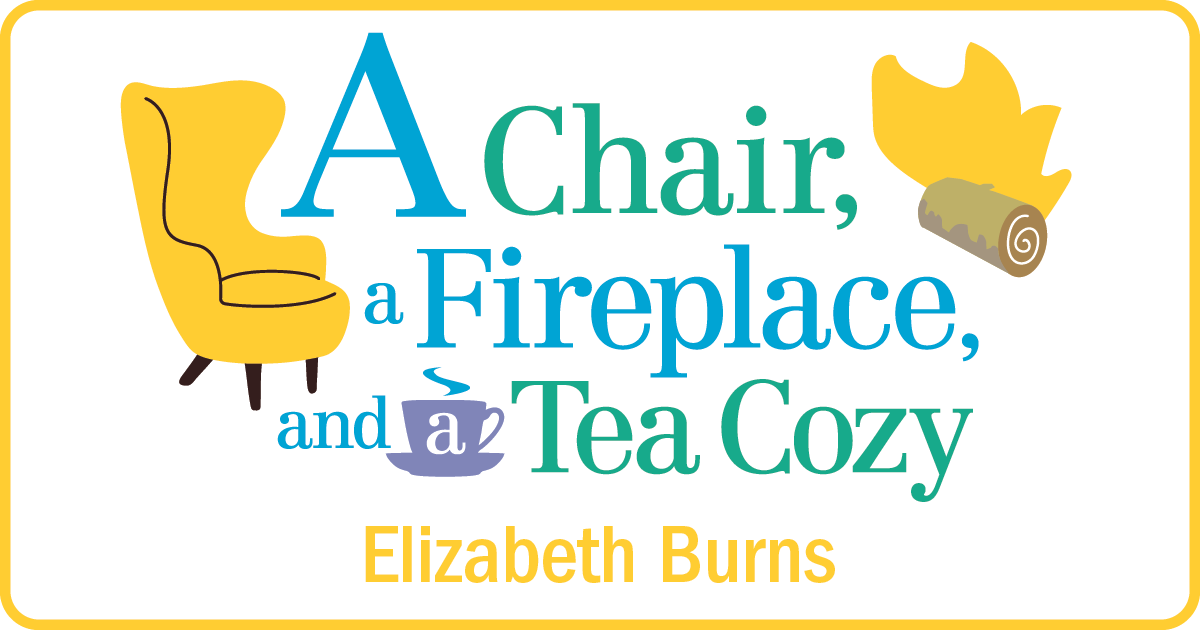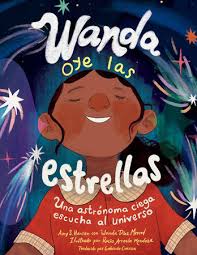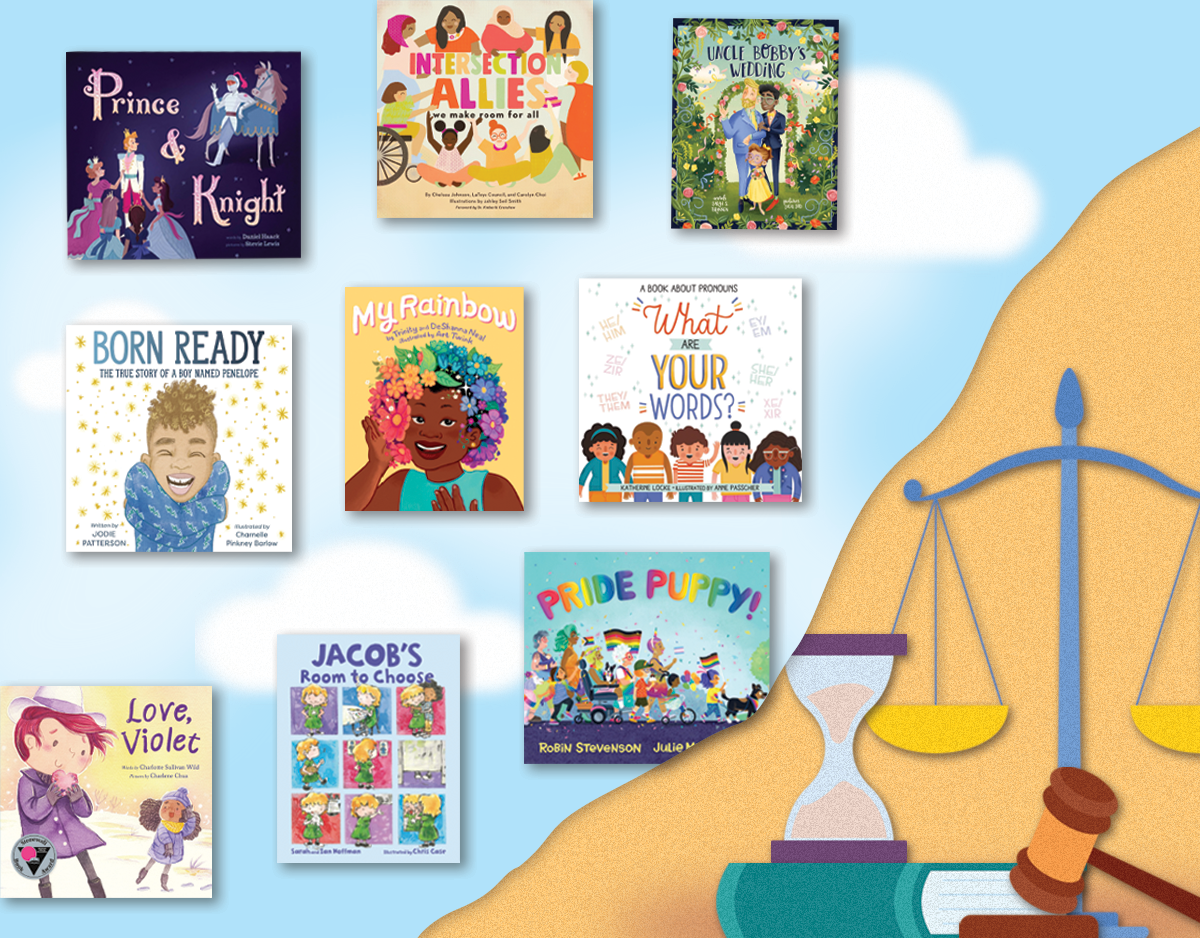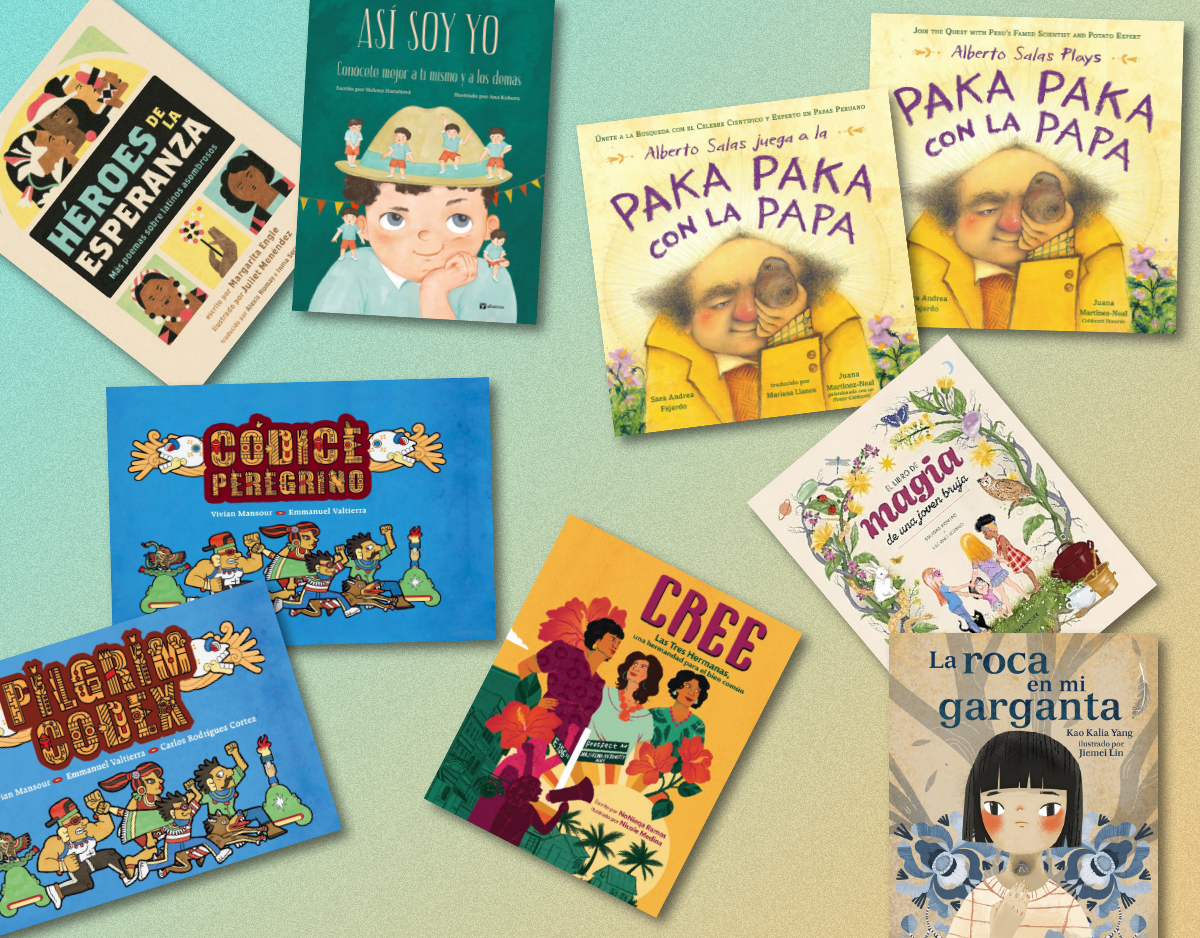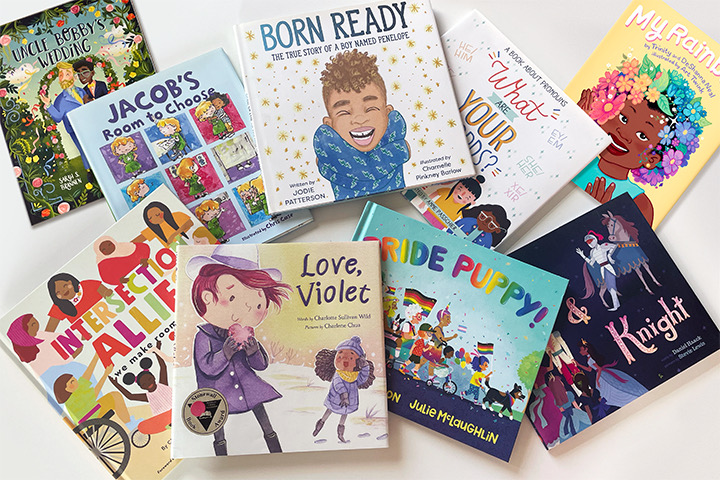SCROLL DOWN TO READ THE POST
Reading and Libraries
Earlier this month, I attended my state’s annual library conference.
There was a keynote, of course; and it was a good one, New Librarianship’s New Promise, by R. David Lankes, with great observations, ideas, inspiration, and some laughs. Here is the PowerPoint (and I have to say it’s the type of presentation I like, one that you don’t understand unless you hear the speaker).
But.
As someone who thinks libraries and reading go together like rama lama lama ka dinga da dinga dong, I was disappointed with how reading and reader’s advisory was and was not included in this keynote and vision of a library future. And by reading, I mean the entirety of reading culture, not just literacy. Literacy gives us the tools, yes — but why just give the tools and then back out of the equation?
ADVERTISEMENT
ADVERTISEMENT
The slide that troubled me is the sixth one, titled Remediation, and here is the text: “collect books -> books are scare; internet access -> Internet is expensive; reference -> information is hard to find; readers advisory -> people have bad taste.” As you can see, each of those arrows represent a traditional role of libraries and a rationale for why we do it.
More on “collect books” later — oh, heck, I’ll do it now. We may have collected books at some point because books were scarce; more and more, though, I see our role (and our potential role) as not collecting books but rather connecting people to books. Call it gatekeeping or curating or whatever the trendy word is; books = thousands and thousands, readers = want one, something mediates between the two to lead the reader to the book and in my humble opinion that, connection development (emphasizing the relationship we have with readers rather than the items kept on shelves), is what libraries currently do and something we will continue to do, if we choose.
What really distanced me from the presentation and the promise was that readers advisory is for “people [who] have bad taste.”
No, no they don’t. Readers have a range of tastes and diets; and maybe back in 1950, or in some areas here and there, librarians still believe that people have bad taste and their job is to feed them the classics and literary fiction.
Not my librarian tribe. Not at the readers advisory round-table in my state association. Not among the librarians I meet through YALSA and ALSC and ALA, via Twitter and blogs, online and in person. Readers advisory is connecting people to the books they want and need to read. It’s an art, not a science; and it’s not easy or simple.
Practicing readers advisory means more than being a reader. It’s having a broad reading diet, and knowing about books outside of one’s own favorite genres; it’s knowing how to ask good questions about people’s reading habits & preferences, being able to detect accurately what kind of reading experience they want NEXT, and knowing how to make good suggestions even OUTSIDE of one’s own reading preferences (romance when you love thrillers, or historical fiction when you love fantasy & so on).
Readers advisory is also about knowing how to do this when the interaction isn’t one on one or face to face: booktalks before large groups, yes, but also displays and booklists, online and in libraries, trying to figure out ways to highlight books that people will like.
Now, if later in the presentation I had heard this more modern explanation of readers advisory outlined and incorporated into the library of the future, I’d have been happy. But honestly? I didn’t hear it.
Then, a second thing happened, and again, being honest, my ears rang and I thought “no way” and then I missed some of what was said after. The speaker used the term “mommy porn” in speaking about readers and books. Mommy porn is a term that has become cute and popular in talking about Fifty Shades of Grey. Short version: yes, this is an offensive term; yes, it’s a joke someone outside the romance/erotica reading community uses; and yes, it’s generally viewed as disrespectful towards both the readers and their books of choice. (I went to my reading tribe on Twitter when this phrase was dropped and yes, they confirmed this general take on this phrase).
Skipping to the end of the slides, in a nutshell, the new promise of librarianship is access; knowledge; environment; motivation. It’s rejecting the “deficit model” (IE, see above for remediation where we are filling a need, that is, a deficit); reject the “consumer model”; and instead have a model of participation.
Reading wasn’t really included in this future. The tools and inspiration are in the speech for me to daydream of future ways; the vibrant book blogging community, and book Twitter community, is already illustrative of how reading and readers advisory can be about participation. Book matchmaking, the link between the book and the reader isn’t a passive process. It includes all that “new librarianship” does. But the only mention I caught that veered towards including readers was that participation means if a person comes in looking for a book, help them create one.
Here’s the thing.
ADVERTISEMENT
ADVERTISEMENT
I know some see reading as just passive; as not social; we’re bookworms who like to sit and read. And to an extent that is true — because it’s what we want.
We want to read a book, not write one.
Passivity is not true to the extent that we talk about what we read; we interpret what we read; we share and discuss in person and on blogs, Twitter, Goodreads, etc.
So, yes, I was disappointed. Disappointed that, even briefly, the potential for including reading culture in the promise of tomorrow wasn’t truly addressed. Yes that readers seemed to not be understood.
For those who also attended that, what are your thoughts?
And for those who see a participatory, creative role for libraries, how do you think reading and readers advisory and readers are included in that future, in a way that isn’t “write a book” instead of “read a book”?
Filed under: Reviews
About Elizabeth Burns
Looking for a place to talk about young adult books? Pull up a chair, have a cup of tea, and let's chat. I am a New Jersey librarian. My opinions do not reflect those of my employer, SLJ, YALSA, or anyone else. On Twitter I'm @LizB; my email is lizzy.burns@gmail.com.
ADVERTISEMENT
SLJ Blog Network
Name That LEGO Book Cover! (#65)
Review of the Day: This is Orange by Rachel Poliquin, ill. Julie Morstad
Betty & Veronica: Summer Fun in the Sun | Preview
Heavy Medal Suggestions: 73 Titles and Counting
Like This, Try That: K-Pop Demon Hunters
The Classroom Bookshelf is Moving
ADVERTISEMENT
ADVERTISEMENT

